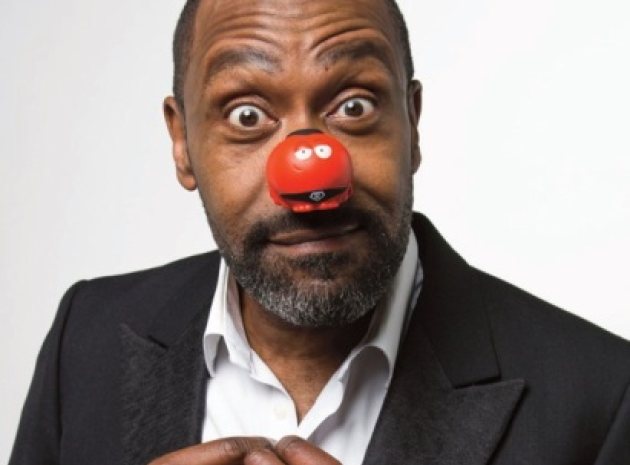After the blight of not passing the 11 plus, I guess I was looking forward to secondary school – anything had to be better than the lingering feeling of failure we’d endured all summer. What was great about the six-week holiday was that after that length of time playing hide and seek, kick the can, football, cricket, kiss chase and the rest, you’d just about wiped the feeling of being ‘not quite good enough’ from your brain. I’m a classic ‘dive into the deep end and see if you can swim’ kind of dude; for me, big school was just the next big adventure in the pool of life.
Right from the start, I craved that magical moment you see in movies, when the inspirational teacher presses a metaphorical button and suddenly the pupil is flying through his lessons with new understanding – but unfortunately, it never happened for me. I was an average student, and I stayed a bit foggy, a bit lost, in most of my classes. I did like science; we had a great teacher, called Mr Brooks, who had the ability to squeeze humour out of the driest theory and let me and Graham Willets go into the back room and use his tape recorder to make up silly sketches and skits we’d play for our mates later (god knows what they were like, but we enjoyed ourselves). English was good, too, because I loved reading, but otherwise, I spent a lot of time looking out of windows, just waiting for the moment when I might be called upon to impersonate a teacher, or Daffy Duck, or Fred Flintstone. My chance to entertain.
So I wasn’t a high flyer, but I do think I was happy, most of the time. I had good friends – although there was racism to be dealt with. I spent lot of time fighting in the playground with this one kid who insisted on insulting me every morning as soon as I arrived at the gates. Eventually I started to tease him back. I’d make jokes about his stupidity and my friends would join in until after a while, more often than not, the guy would leave me alone.
At 15, I left school and took up an apprenticeship at British Federal Welders. It felt like a step forward into adulthood, but at the same time, there was a real sense that I hadn’t been well served by the education system. I mean, I’d been told that if I didn’t work hard I’d end up in a factory – so I’d worked reasonably hard… and wound up working in a factory anyway. It seemed like most of us were pushing against a closed door. I wish there could have been more mentoring, more encouragement; instead, I was glad to get out.
In 1981, though, doing a summer season stint with Cannon and Ball in Blackpool, I got bored and started thinking about education again. A bit of me had always regretted my lack of O levels, so I rang up WR Tuson college in Preston and asked if someone would coach me through the English language and literature exams. Thank goodness David Emery stepped forward – I did it in 12 weeks and loved the experience. I went on to do a BA with the Open University, and a screenwriting MA at Royal Holloway. I’m now halfway through a PhD; something the teenage me never could have imagined happening.
I think educating children is incredibly important – we change the world by the choices we make and unless we are informed about what those might be, we can end up making the same mistakes repeatedly. There’s no point printing a poster about HIV or Ebola if the passers by are not literate; so I do think the work that Comic Relief does in schools both at home and abroad is vital, and our success rate at this endeavour makes me very proud indeed.
Our system isn’t perfect, but we are very lucky to live in a country where there’s an opportunity for the majority to become literate and numerate. The money raised by UK schools for Red Nose Day 2015 will go towards getting a target of 300,000 children in Africa into education – and having been to most of the poorest countries through my work with Comic Relief, I can tell you that the children in schools there cherish every opportunity to learn. They want to be engineers, doctors, lawyers or teachers; even the tiny ones understand the value of education. The young people I met in Kibera during my stint on Famous, Rich and in the Slums all wanted to prove to me that they could do well at school. Bernard was behind in his studies because he spent every other day collecting garbage for resale purposes; his ambition is to be an engineer. His determination, grit and courage make me feel lazy and unmotivated. I wish I could bottle what he’s got and give it to every kid in the UK – that would be brilliant.
- Browse by subject
- Maths & Science
- English & MFL
- Humanities
- The Arts
- I.C.T
- Outdoor Learning










